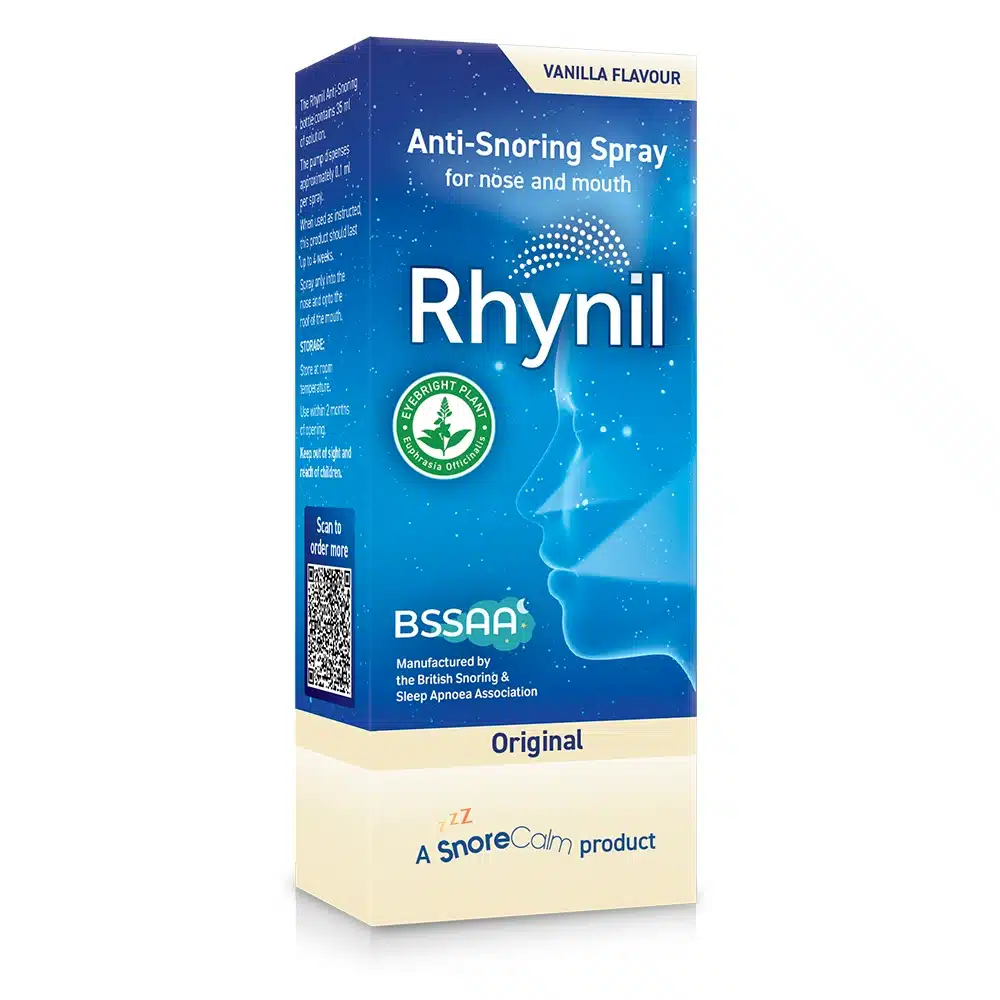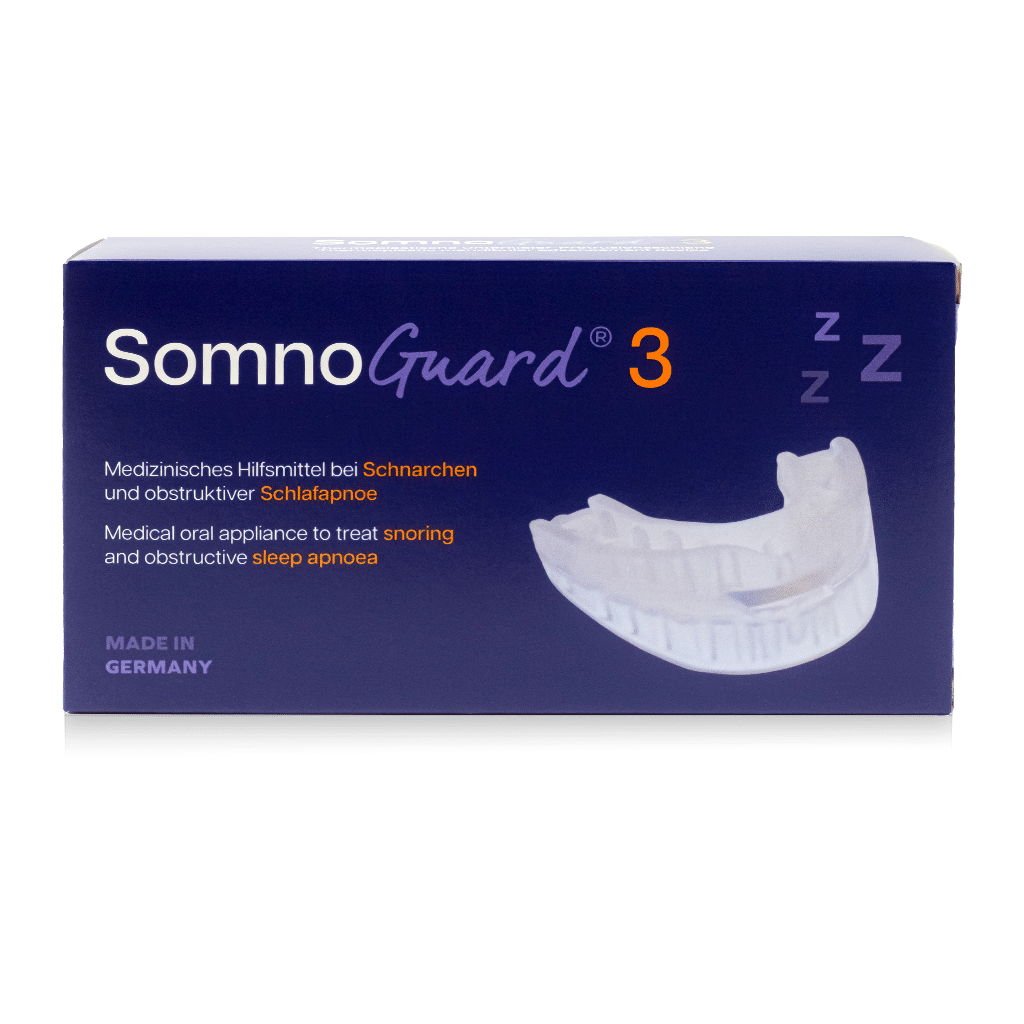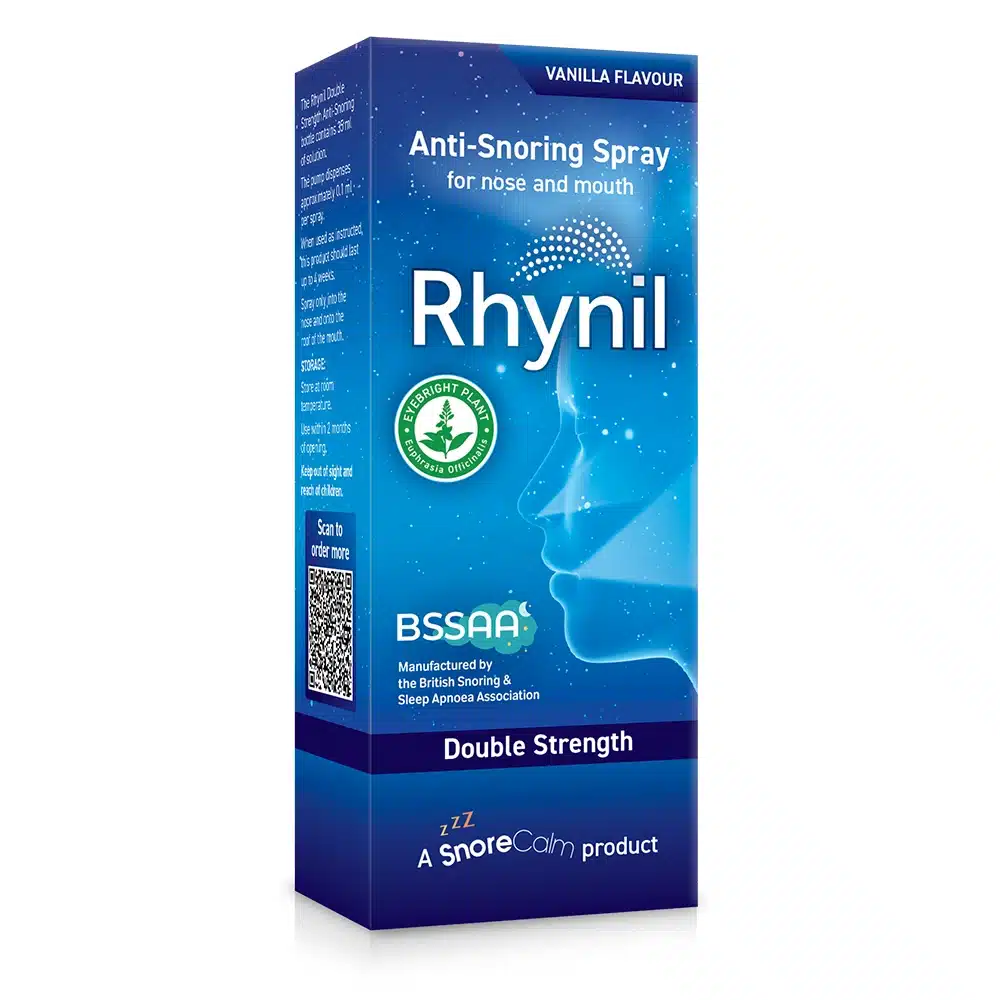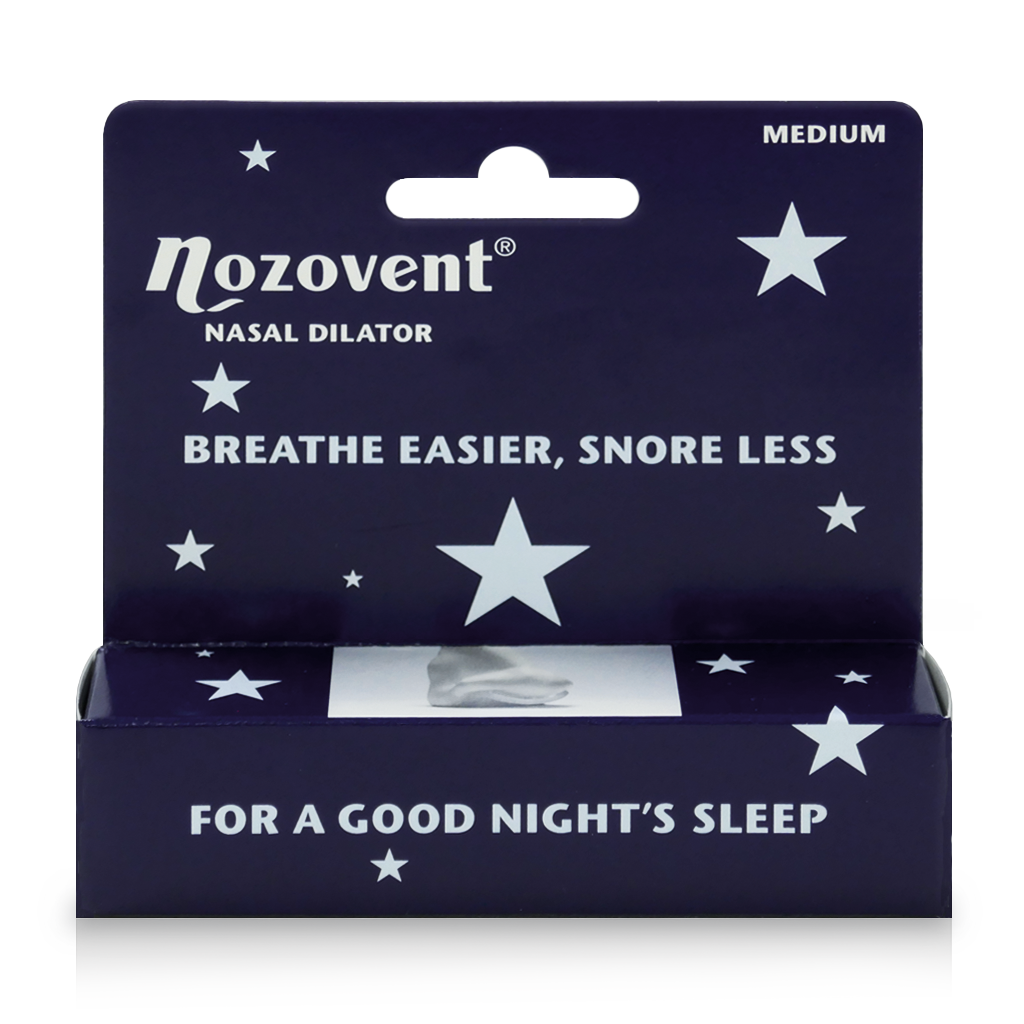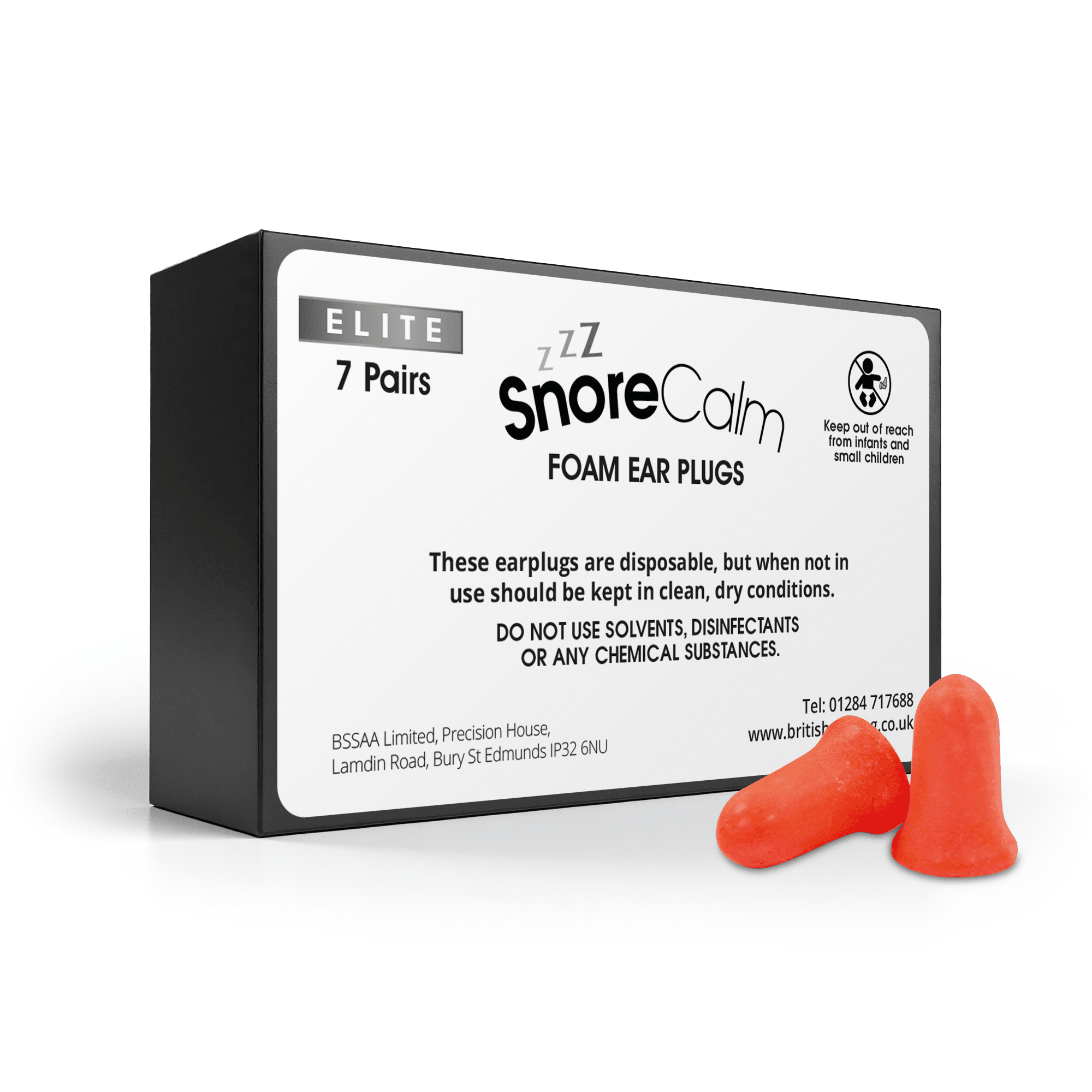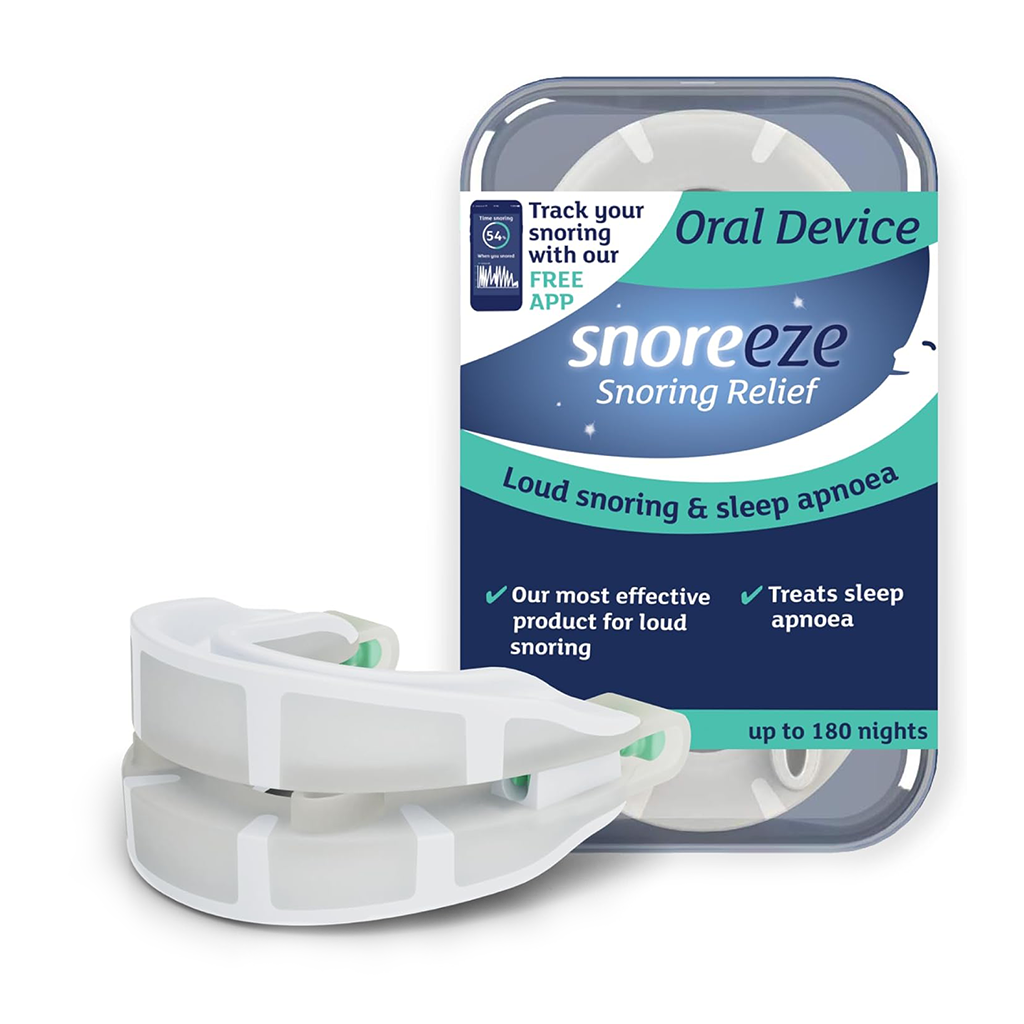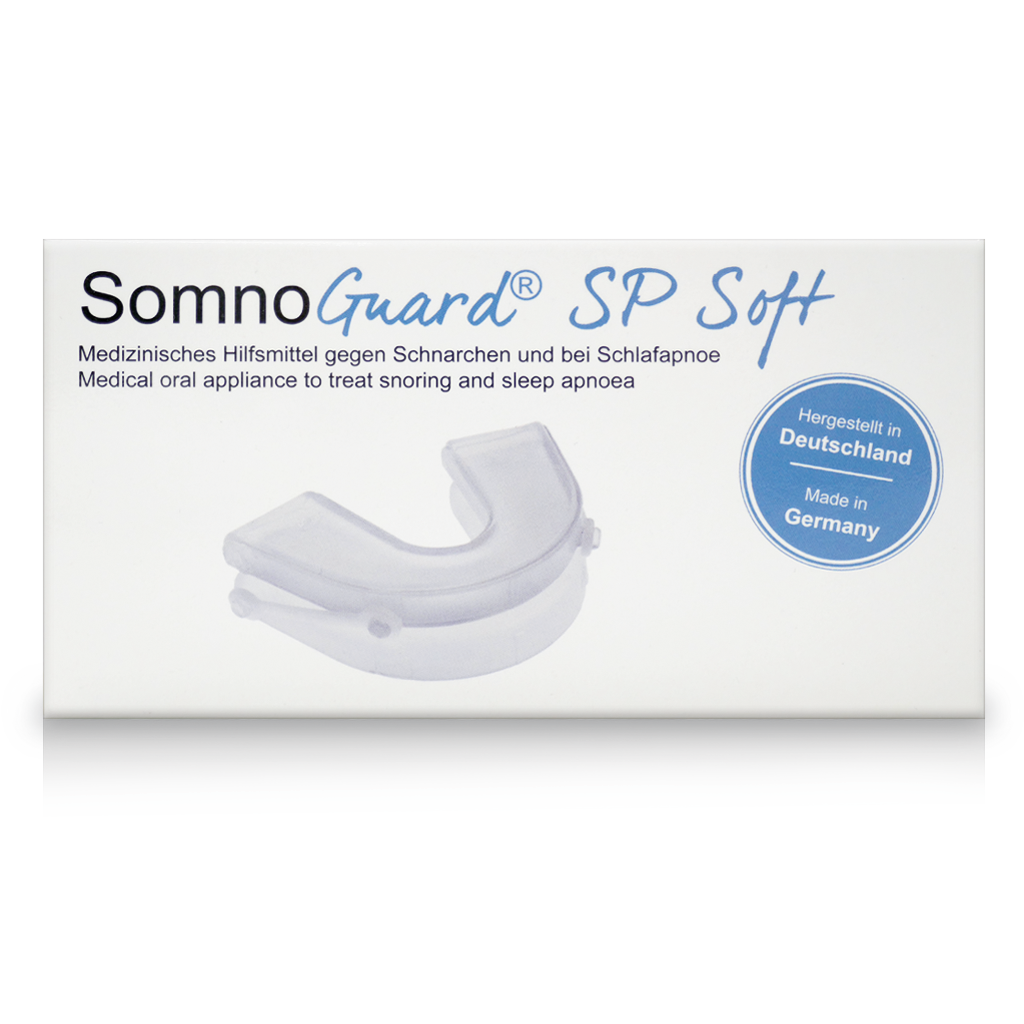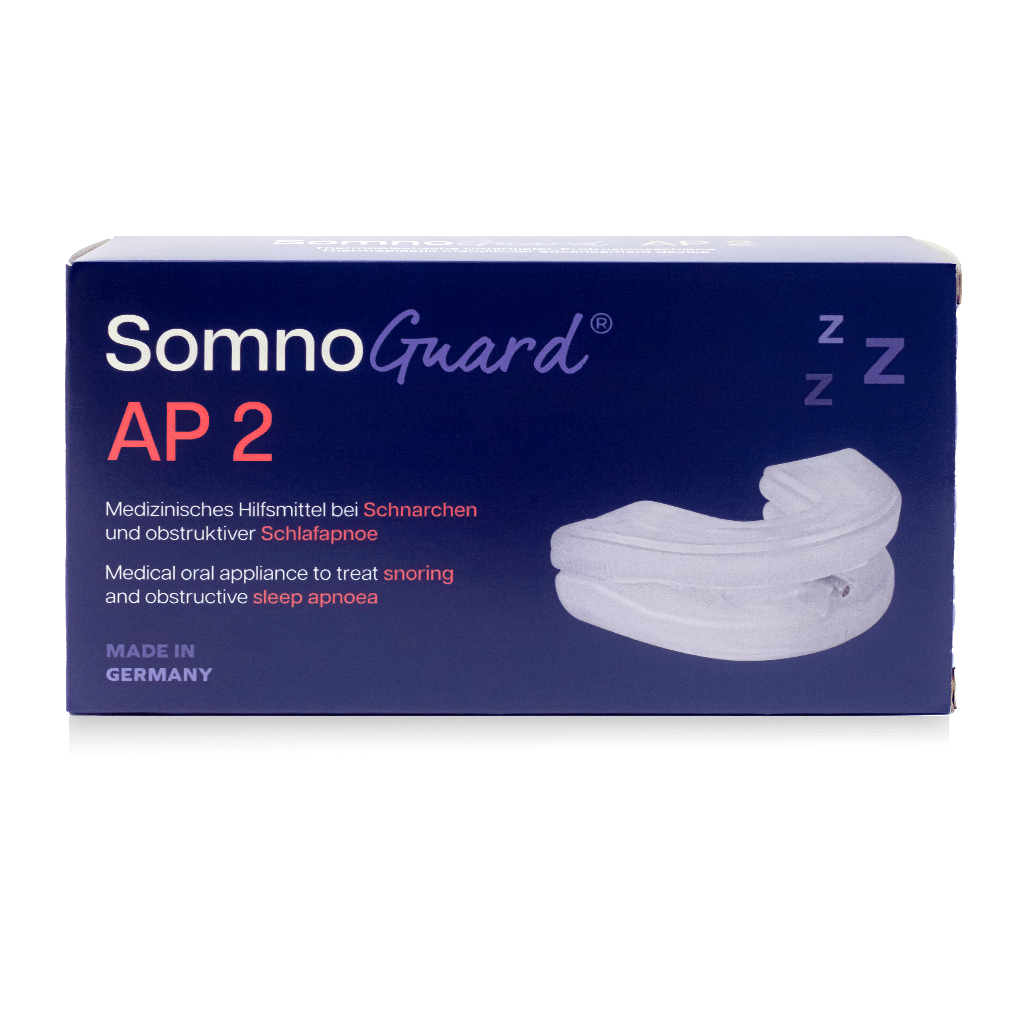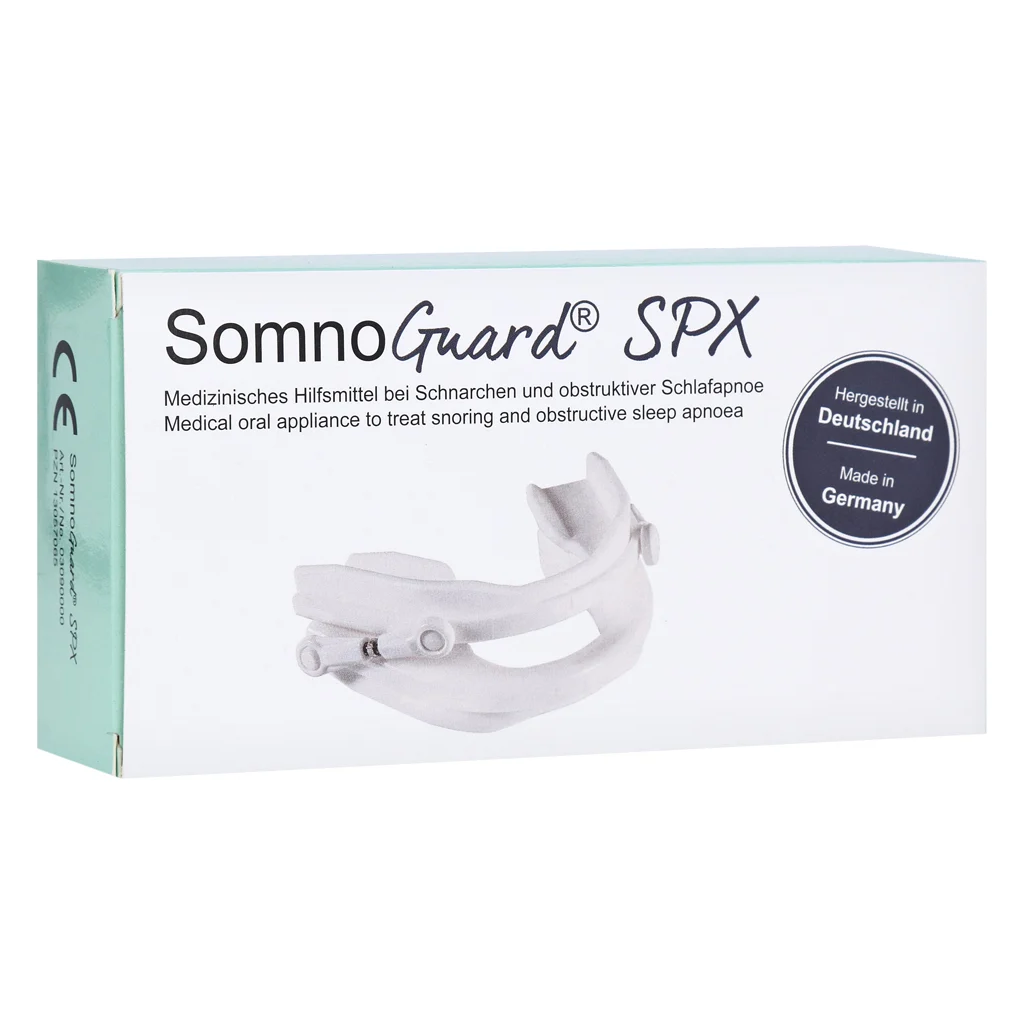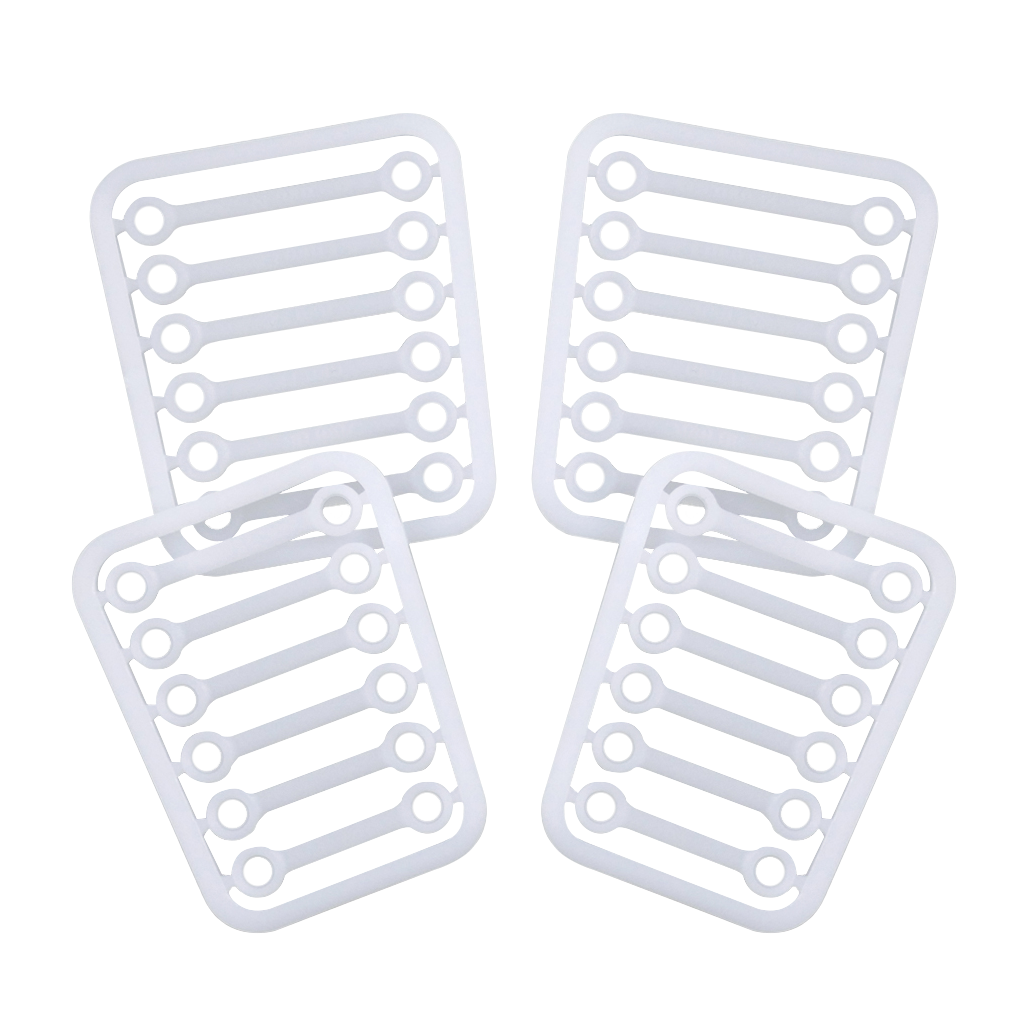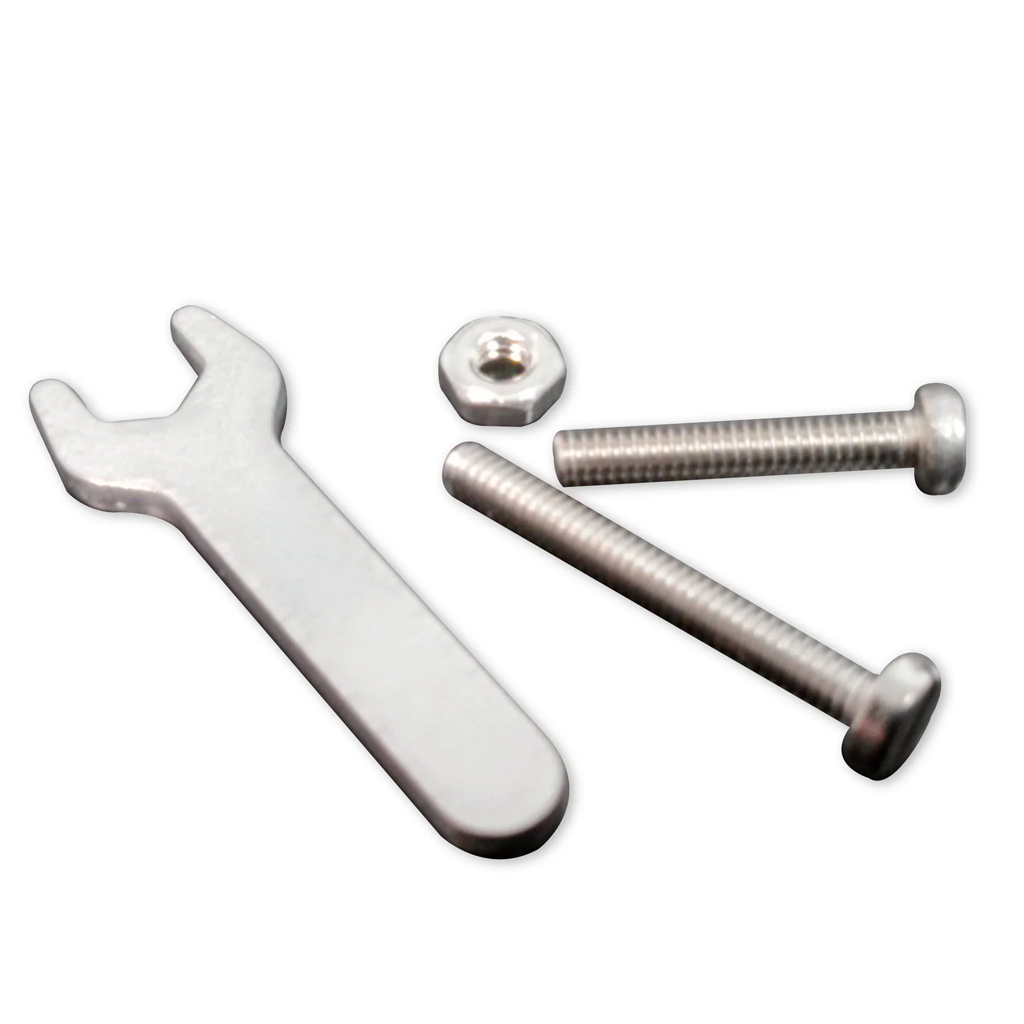The Epworth Sleepiness Scale (ESS), developed by Murray W. Johns in 1991, is a method for measuring daytime sleepiness. With the help of various questions, the probability of falling asleep in everyday situations is queried retrospectively. The short questionnaire is mainly used in sleep medicine to diagnose sleep disorders, especially hypersomnias. In addition, the Epworth test is suitable for measuring the success of therapy (eg in CPAP patients) over time.
People with sleep apnoea may complain of excessive daytime sleepiness often with irritability or restlessness. Take the Epworth test and assess your daytime sleepiness by answering eight questions related to situations in your everyday life. Using the scale below rate how likely is it that you will nod off or fall asleep in the situations described? If you haven’t experienced some of these situations recently, try to imagine how those situations would have affected you and still give a rating.
Rating scale:
0 = would never nod off
1 = low probability of dozing off
2 = medium probability of dozing off
3 = high probability of dozing off
Rate the 8 situations below:
Apply a rating to each of the situations below and then add up the eight figures for a total figure.
- Reading while seated
- Watching TV
- Sitting passively in public (e.g. at the theatre or a lecture)
- As a passenger in the car during a one-hour drive
- When you lay down to rest in the afternoon
- When you are sitting and talking to someone
- When you sit quietly after lunch (no alcohol)
- If, as a driver of a car, you have to stop for a few minutes due to traffic
Epworth sleepiness scale results:
Take your total figure from above and see where you score on the scale below. This will give you an idea of whether you have a an issue or not and what the next steps should be.
0-7 points: Your values are within the normal range.
The result indicates no increased daytime sleepiness. Your risk of sleep apnoea is relatively low.
7-10 points: You have an average level of daytime sleepiness.
The result does not indicate an increased risk of sleep apnoea. If you snore constantly or have breathing pauses during your sleep, you should still consult a doctor to be on the safe side.
10-15 points: Your daytime sleepiness is increased.
You should think about getting enough sleep and also improving your sleep hygiene. You should also contact your family doctor or a specialist with the test result.
More than 15 points: Your level of daytime sleepiness is very high.
This can be an indication of sleep apnoea syndrome. You should be examined by a specialist as soon as possible.


